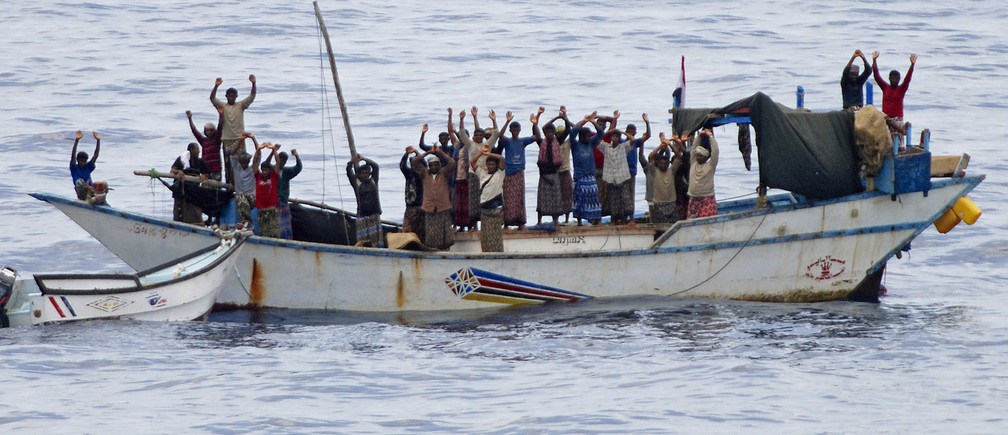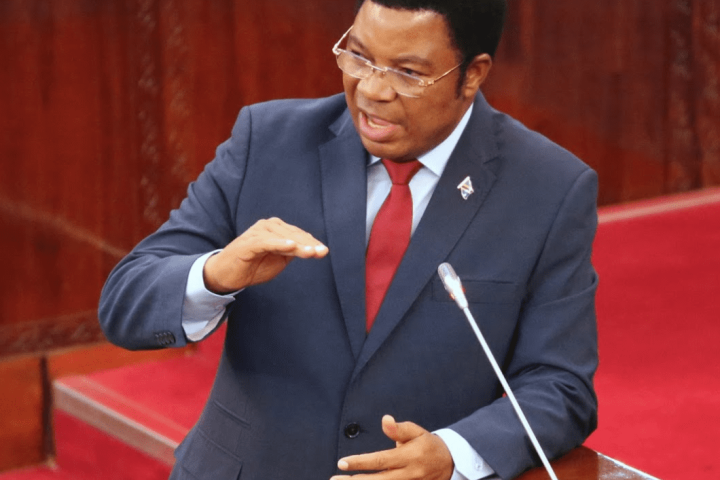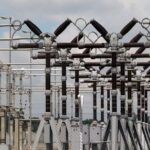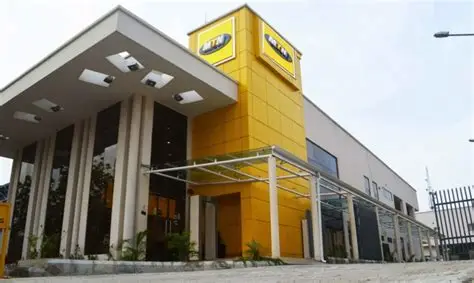SOME of the world’s largest shipping organisations are drafting a plan to deal with the changing nature of piracy and other maritime security risks, following recent incidents off the coast of West Africa and the Middle East.
Groups including the International Chamber of Shipping and Baltic and International Maritime Council (BIMCO), whose members include vessel owners, seek to establish the new guidelines by the end of the year.
Join our WhatsApp ChannelHead of maritime safety and security at BIMCO, Jacob Larsen, said the plan would make it easier for ships to assess risk, so that they could decide whether to re-route.
“The Gulf of Guinea is where we are faced with the biggest piracy headache to vessels, and the plans being hatched will help to directly assess this threat by widening the way in which the industry views risk,” Larsen said, referring to the expanse of the Atlantic Ocean that touches the coasts of several oil-rich nations including Nigeria.
The West African gulf was home to almost a third of the 68 piracy incidents reported in the first half of 2021, including all 50 kidnapped crew, according to the International Maritime Bureau.
The waters around the Arabian Peninsula have also become a hotspot for vessel attacks in recent years, mainly due to rising tensions between nations in the region.
Last month, two crew members were killed in an attack on a tanker off the coast of Oman.
The groups drafting the new shipping-safety guidelines — which include Intercargo, Intertanko, and the Oil Companies International Marine Forum — also plan to reduce the size of a high-risk area in the Indian Ocean due to the declining risk of piracy near Somalia.
The move will allow trade to move more quickly and cut out much of the inconvenience vessels experience in high-risk areas, according to the International Chamber of Shipping (ICS).
















Follow Us